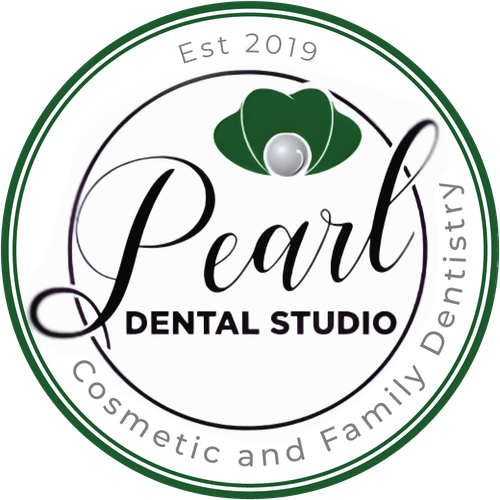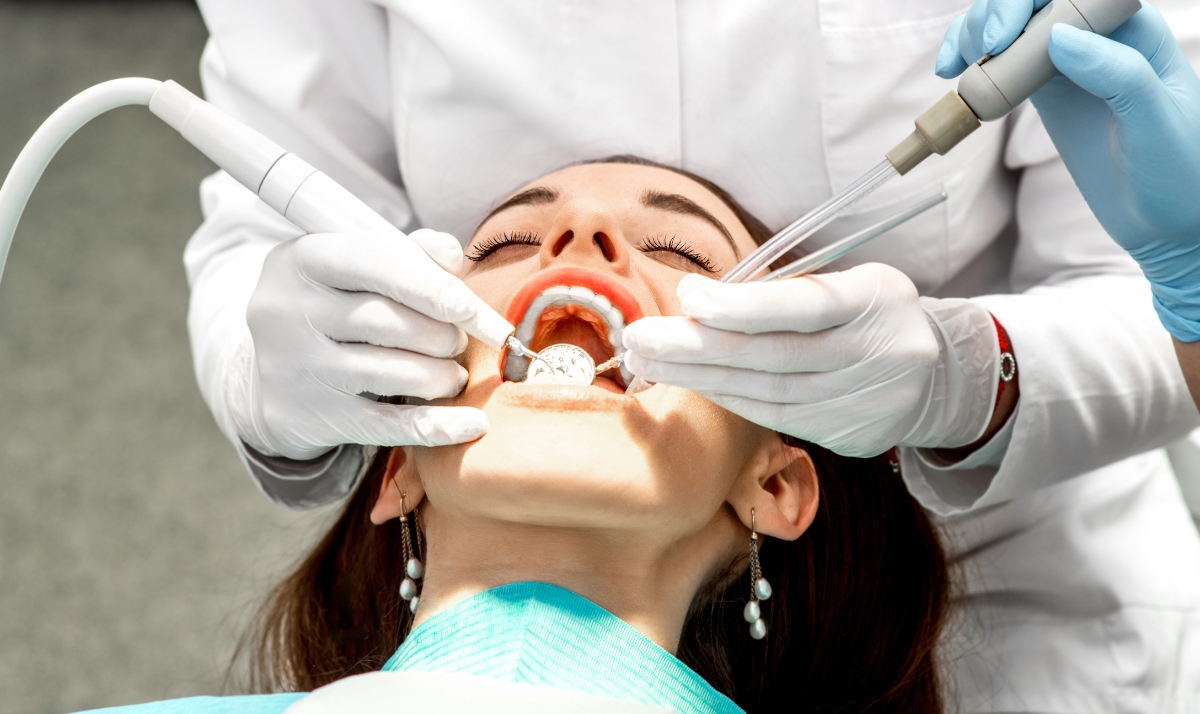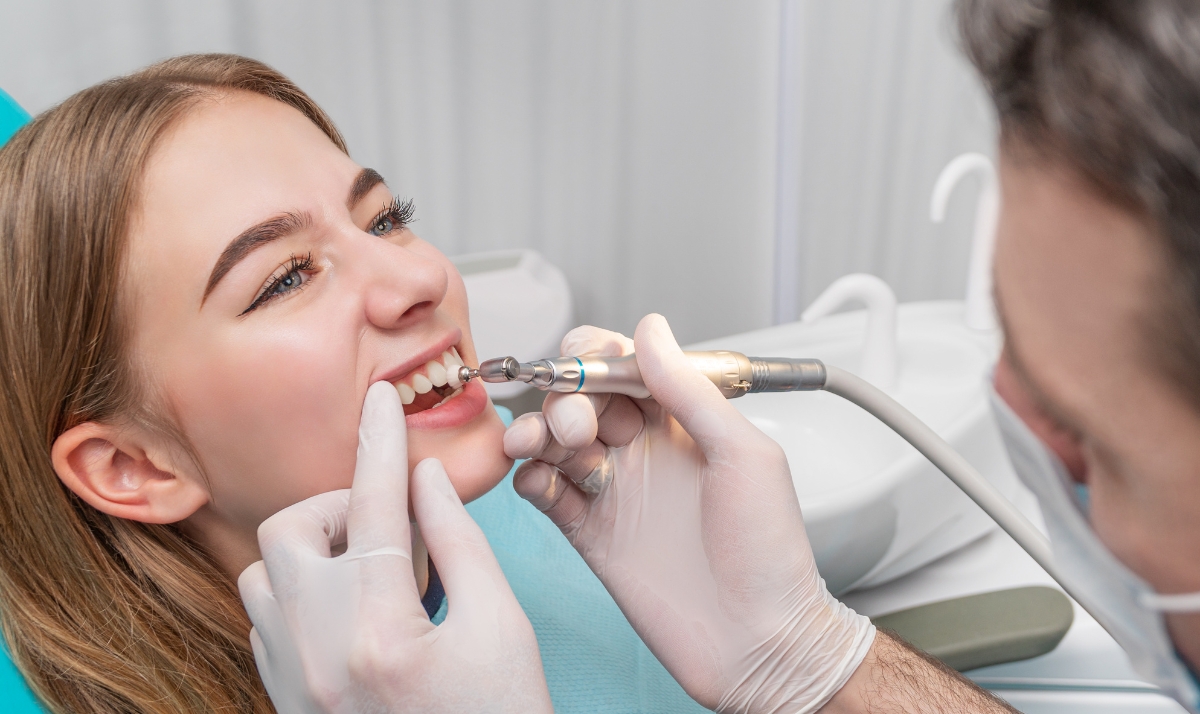117 Batesville Rd Suite 202, Simpsonville, SC 29681
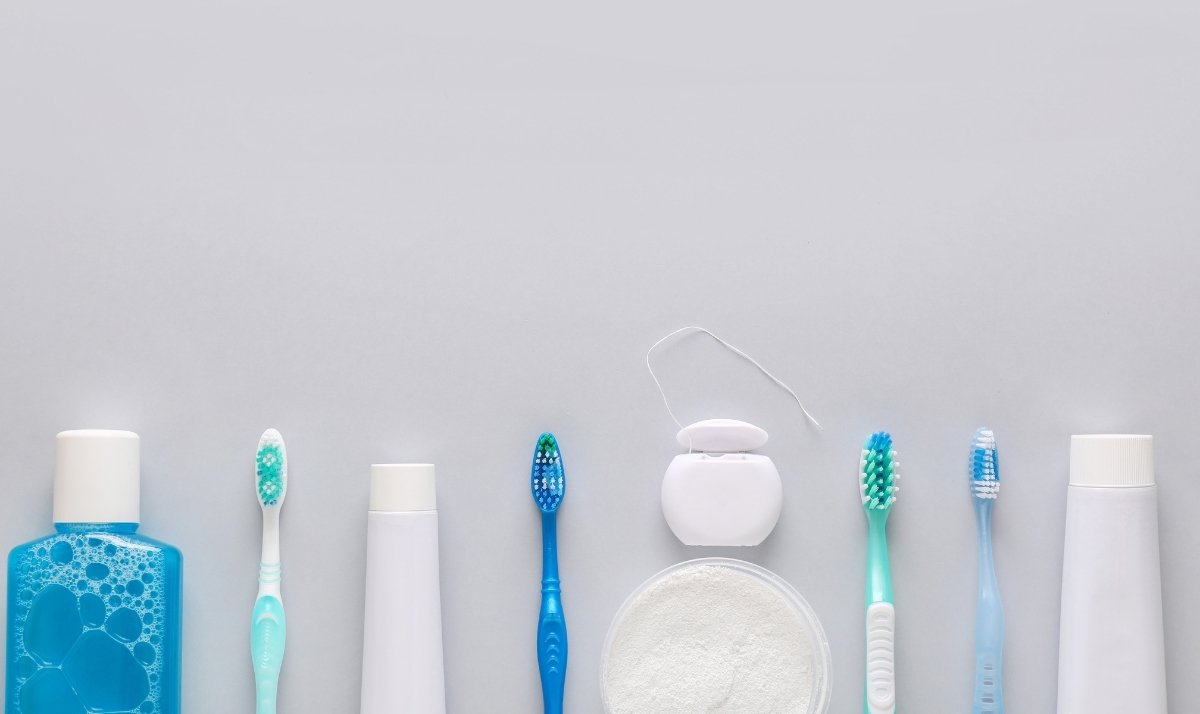
Dental hygiene is essential for a healthy smile and overall well-being. Poor oral care leads to cavities, gum disease, and bad breath. Studies show that 47% of adults over 30 have gum disease. Neglecting oral hygiene can also increase the risk of heart disease and diabetes. Following proper dental hygiene habits prevents infections and keeps teeth strong.
This blog will cover essential oral care tips, including brushing, flossing, diet, and lifestyle choices. A good routine helps avoid expensive dental treatments. Let’s explore proven ways to maintain stronger teeth and healthier gums.
The Basics of Good Dental Hygiene
Brushing twice a day is the foundation of good dental hygiene. The American Dental Association (ADA) states that brushing twice daily reduces plaque by up to 50%. Plaque buildup leads to cavities, gum disease, and bad breath. Using the right toothbrush and toothpaste is essential for effective cleaning. A soft-bristled toothbrush protects enamel and gums, while fluoride toothpaste strengthens teeth and prevents decay.
Proper brushing technique is crucial for oral health. Hold the toothbrush at a 45-degree angle and use gentle circular motions. Brush all surfaces, including the tongue, for at least two minutes. The ADA reports that most people brush for only 45 seconds, which is not enough for effective cleaning. Replace your toothbrush every three months or sooner if the bristles fray.
Neglecting proper brushing increases the risk of dental problems. Research shows that poor brushing habits contribute to 60% of gum disease cases. A consistent brushing routine, combined with regular visits to the dentist, ensures long-term oral health.
Flossing: The Unsung Hero of Oral Health
Flossing removes plaque and food particles from between teeth, preventing gum disease and cavities. The ADA states that brushing alone cleans only 60% of tooth surfaces. Without flossing, bacteria accumulate, increasing the risk of infections.
Using the correct flossing technique enhances effectiveness. Take 18 inches of floss, wrap it around your fingers, and slide it gently between teeth. Curve it into a C-shape around each tooth and move it up and down. Flossing too aggressively can harm gums, so be gentle.
Alternatives like water flossers and interdental brushes help maintain dental hygiene. A study by the Journal of Clinical Dentistry found that water flossers remove 29% more plaque than traditional floss. Interdental brushes are ideal for those with braces or dental implants.
Skipping flossing increases the likelihood of gum disease. Statistics show that 47% of adults over 30 have gum disease, primarily due to poor flossing habits. Adding flossing to your routine ensures stronger gums and healthier teeth.
The Role of Diet in Dental Health
A balanced diet is crucial for maintaining good dental hygiene. Calcium-rich foods, such as dairy products and leafy greens, strengthen enamel. Crunchy fruits and vegetables, like apples and carrots, help clean teeth and stimulate saliva production.
Sugary snacks and acidic beverages harm oral health. The CDC states that excessive sugar consumption contributes to 90% of cavities in children and adults. Soft drinks, sports drinks, and candies erode enamel, leading to tooth decay. Reducing sugar intake and choosing healthier snacks protect teeth from damage.
Hydration plays a key role in dental hygiene. Drinking water washes away food particles and neutralizes acids. The ADA recommends drinking fluoridated water to strengthen teeth and prevent cavities. Saliva production is essential for fighting bacteria, and dehydration increases the risk of tooth decay.
Maintaining a nutrient-rich diet supports strong teeth and gums. A dentist advises limiting sugary foods and consuming fiber-rich fruits and vegetables for optimal dental health. Proper nutrition combined with good oral care habits ensures a healthy smile.
The Impact of Lifestyle Choices on Oral Health
Lifestyle habits significantly affect dental hygiene. Smoking weakens gums and stains teeth. The CDC reports that smokers are three times more likely to develop gum disease than non-smokers. Nicotine reduces blood flow to the gums, increasing the risk of infections.
Alcohol consumption negatively impacts oral health. Alcohol dries out the mouth, reducing saliva production and allowing bacteria to thrive. Studies show that frequent alcohol use increases the risk of cavities and gum disease. Limiting alcohol intake helps maintain healthy teeth and gums.
Stress contributes to teeth grinding (bruxism), which damages enamel and causes jaw pain. Using a mouthguard at night protects teeth from excessive pressure. Managing stress through relaxation techniques prevents long-term dental problems.
Regular dentist visits are crucial for early issue detection. The ADA recommends seeing a dentist every six months for professional cleanings and checkups. Research shows that people who visit the dentist regularly have 50% fewer dental issues. Consistent oral care and healthy lifestyle choices lead to stronger teeth and gums.
Good dental hygiene leads to strong teeth and healthy gums. Brushing, flossing, and a balanced diet prevent oral diseases. Avoid smoking, alcohol, and stress to protect your teeth. Regular visits to a dentist ensure early problem detection.
Start improving your dental hygiene today by following these simple yet effective tips. Schedule a checkup at our dental office and take the first step toward a healthier smile!

